Comments
- No comments found
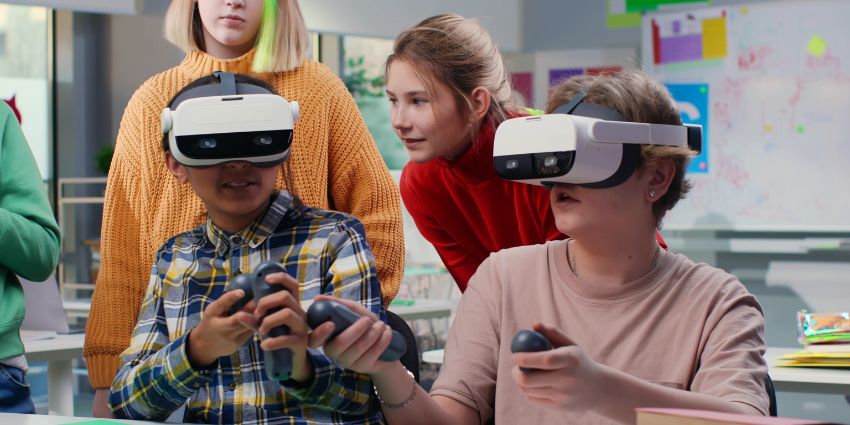
Virtual reality (VR) has been making headlines in recent years.
It has the potential to transform various industries, including entertainment, healthcare, and education. However, VR has also been shown to be a powerful tool for social change. By creating immersive experiences, VR can raise awareness of social issues, promote empathy, and drive action.
In this article, we explore how VR is being used for social change, including examples of organizations and individuals using VR to address issues such as poverty, inequality, and climate change. We also discuss the potential of VR as a tool for creating meaningful and lasting change.
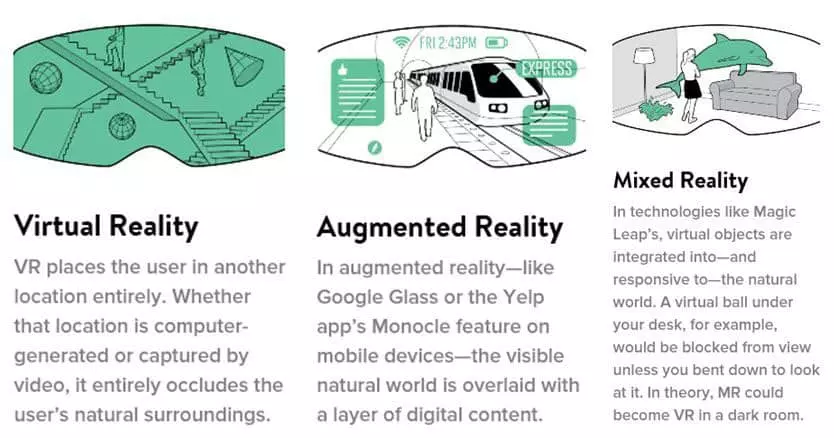
Virtual reality technology uses a combination of software and hardware to create an immersive experience for users. The hardware typically consists of a headset with a display screen that is placed over the user's eyes, along with sensors that track their head movements and hand controllers that allow them to interact with the virtual environment.
The software that powers VR experiences is designed to create a realistic and responsive environment that can be explored by the user. This often involves creating 3D models of objects, environments, and characters, as well as programming interactions and physics simulations to make the experience more realistic.
One of the key benefits of VR technology is its ability to create a sense of presence in a virtual environment. Users can feel like they are physically present in a digital space, and can interact with it in ways that feel natural and intuitive. This can be a powerful tool for a variety of applications, from gaming and entertainment to education and training.
In recent years, there has also been growing interest in using virtual reality for social change. By creating immersive experiences that highlight important issues and encourage empathy, VR can be used as a tool to raise awareness and drive action on a range of social and environmental issues.
VR has the potential to be a powerful tool for social change because it can create experiences that are both immersive and empathetic. By placing users in the shoes of someone experiencing a social issue, VR can promote empathy and understanding, which can drive action and change.
Virtual reality has the ability to transport users to new and unfamiliar environments, creating a visceral and emotional experience that can be incredibly powerful. By immersing users in an experience, VR can help raise awareness and drive action on social issues by creating empathy and understanding in a way that other media cannot.
For example, VR can be used to raise awareness about poverty and homelessness by creating an immersive experience that puts users in the shoes of someone experiencing these challenges. Similarly, VR can be used to highlight the impacts of climate change by simulating the effects of rising sea levels or extreme weather events.
Beyond raising awareness, VR can also be used to drive action by creating opportunities for users to get involved and make a difference. For example, VR can be used to encourage donations to a charitable cause or to support environmental initiatives.
Moreover, VR can also be used to create training programs that teach users new skills and help them better understand complex issues. For example, VR can be used to train healthcare professionals on new medical procedures or to teach students about history and social issues in a more engaging and interactive way.
Virtual reality has the potential to be a powerful tool for social change, allowing people to connect with and understand important social and environmental issues in a new and immersive way. By leveraging the power of VR, individuals and organizations can come together to create positive change and make a difference in the world. The immersive nature of VR means that it has the potential to create lasting change by promoting empathy and understanding, which can lead to action and change. By creating experiences that allow users to see the world from a different perspective, VR can drive meaningful and lasting change.
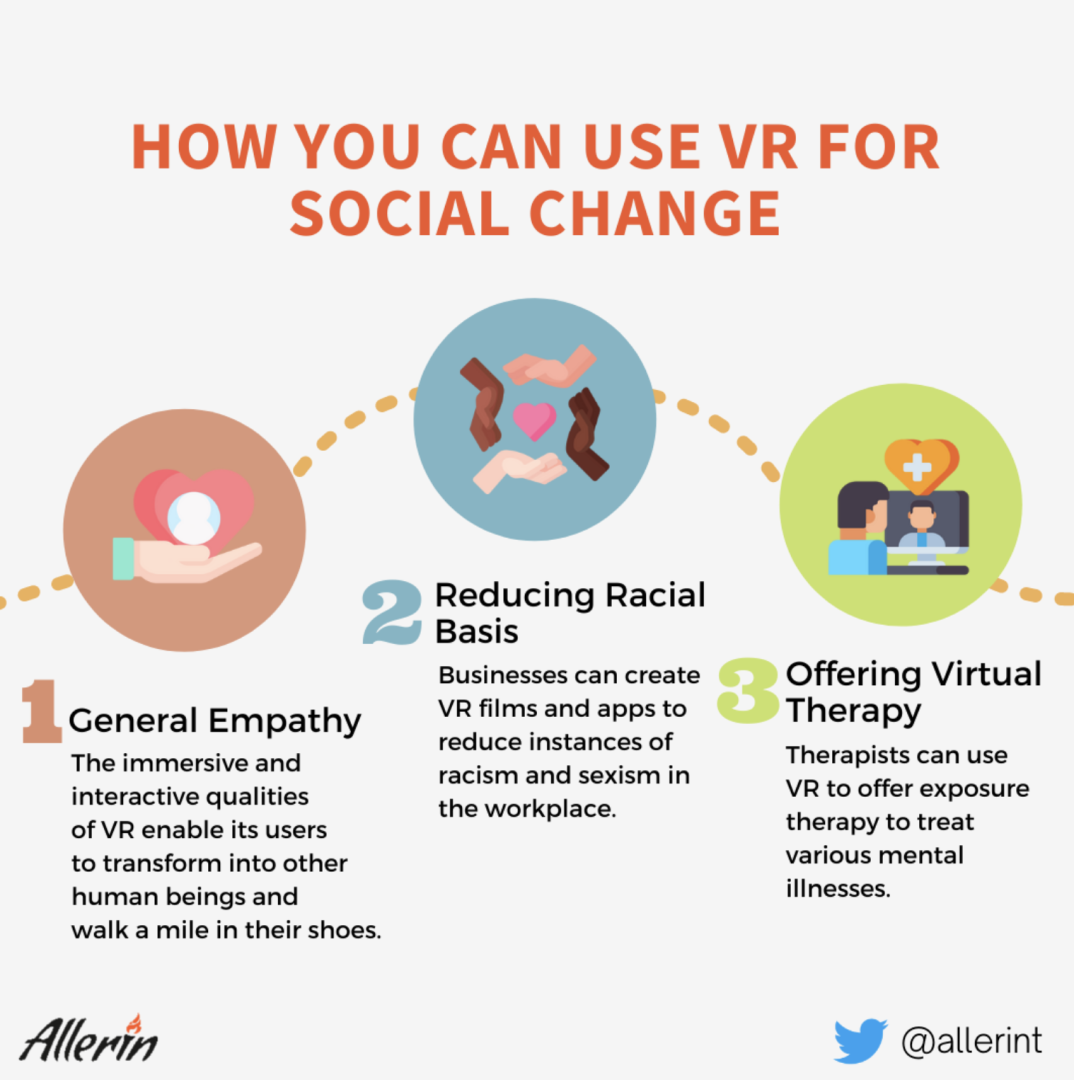
Organizations such as the United Nations have used VR to raise awareness of poverty and inequality. In one example, the UN created a VR experience that placed users in the shoes of a Syrian refugee, allowing them to experience the challenges of living in a refugee camp.
VR has also been used to raise awareness of climate change and its impacts. For example, the Climate Reality Project has created a VR experience that takes users on a journey through the impacts of climate change, including rising sea levels and extreme weather events.
VR can also promote empathy and understanding by placing users in situations they may not otherwise experience. For example, the Guardian created a VR experience that allowed users to experience what it is like to live with dementia, promoting understanding and empathy for those living with the condition.
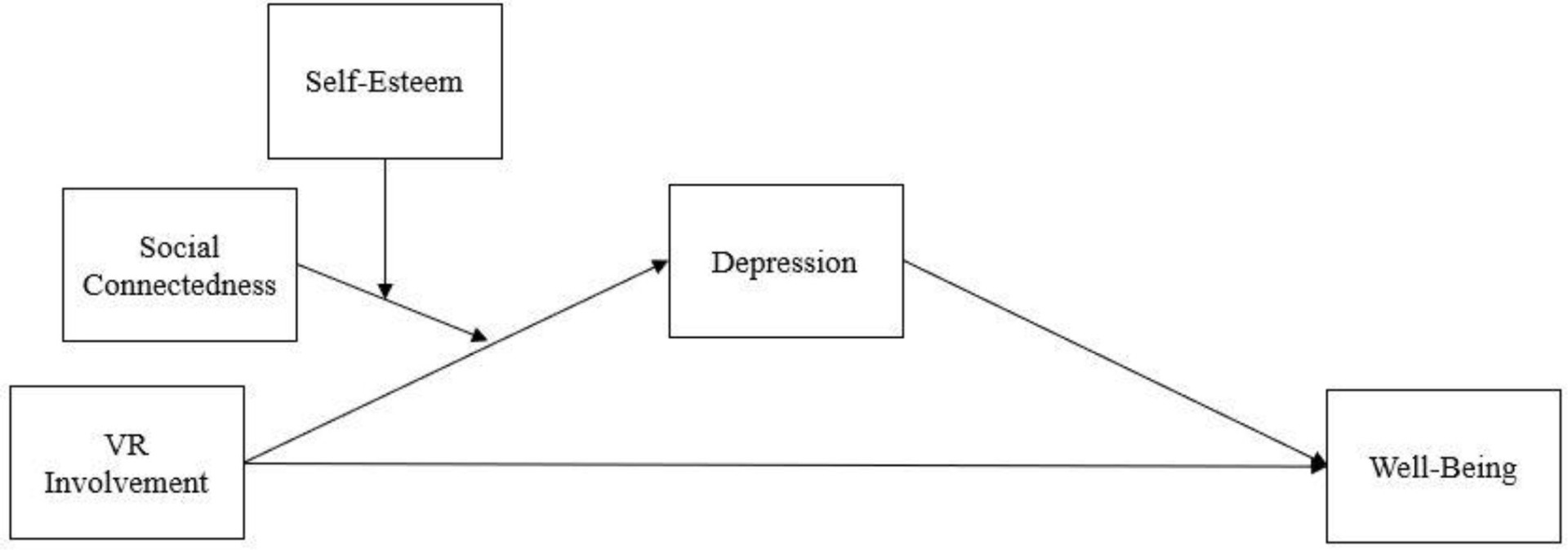
While virtual reality has enormous potential for social change, there are also challenges and limitations that need to be addressed in order to fully realize its benefits.
One of the biggest challenges is access. While VR technology has become more affordable and accessible in recent years, it is still out of reach for many people, particularly those in low-income communities. This can limit the reach and impact of VR experiences for social change.
Another challenge is the potential for VR experiences to reinforce existing biases and stereotypes. If not carefully designed, VR experiences can perpetuate harmful stereotypes or reinforce existing power structures. This highlights the importance of inclusive and diverse representation in the design of VR experiences for social change.
In addition, there are limitations to the technology itself. For example, current VR technology is limited by the resolution of the displays and the quality of the tracking systems. This can impact the realism and effectiveness of VR experiences, particularly when it comes to complex or subtle interactions.
Finally, there are ethical considerations around the use of VR for social change. For example, VR experiences that simulate traumatic experiences can be emotionally challenging for some users, and there are questions around informed consent and the potential for harm.
Despite these challenges and limitations, virtual reality remains a promising tool for social change. By addressing these challenges and leveraging the strengths of the technology, we can create more impactful and effective VR experiences that drive positive social and environmental change.
Despite these challenges, the potential of VR for social change is enormous. As the technology becomes more accessible and affordable, we can expect to see more organizations and individuals using VR to raise awareness of social issues and drive meaningful change.
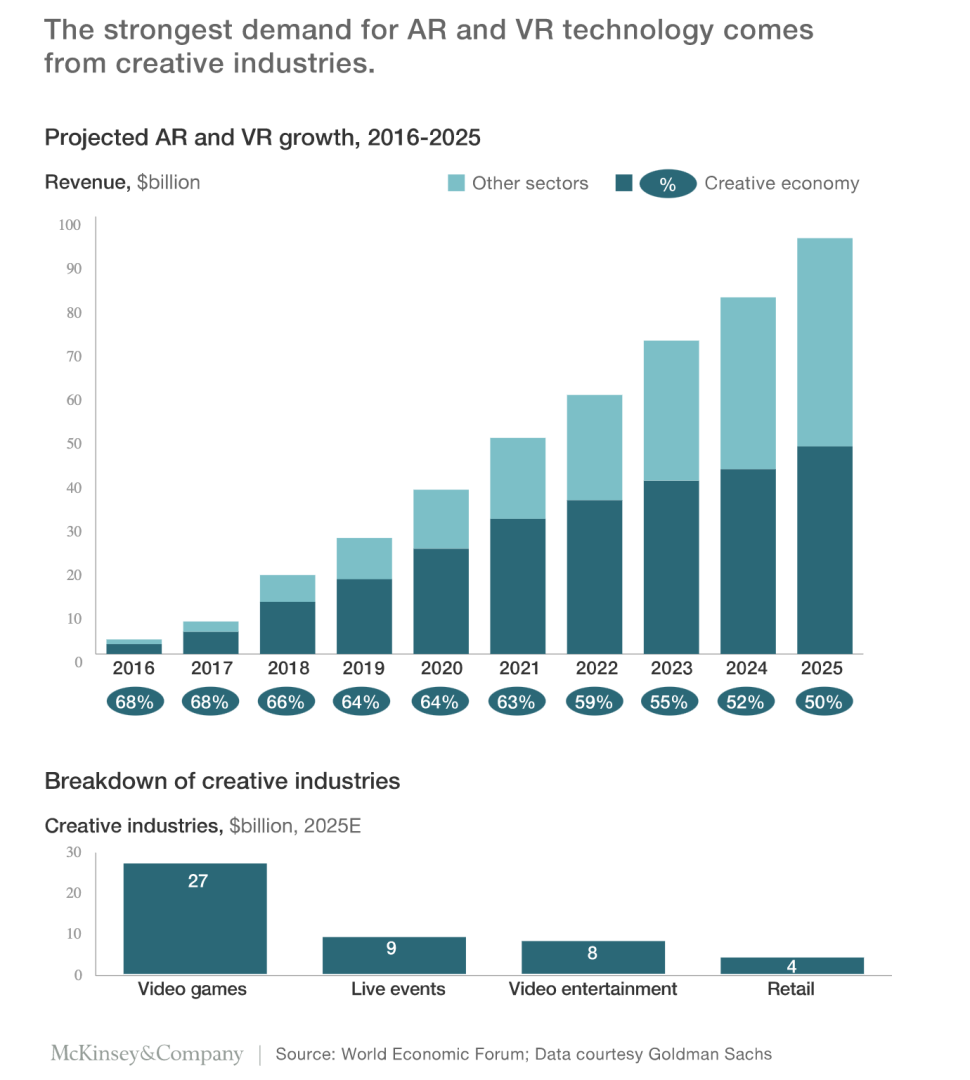
Virtual reality has the potential to be a powerful tool for social change, promoting empathy, understanding, and action. By creating immersive experiences, VR can raise awareness of social issues such as poverty, inequality, and climate change, and promote meaningful and lasting change. While there are challenges and limitations, the future of VR for social change is promising, and we can expect to see more organizations and individuals.
Naveen is the Founder and CEO of Allerin, a software solutions provider that delivers innovative and agile solutions that enable to automate, inspire and impress. He is a seasoned professional with more than 20 years of experience, with extensive experience in customizing open source products for cost optimizations of large scale IT deployment. He is currently working on Internet of Things solutions with Big Data Analytics. Naveen completed his programming qualifications in various Indian institutes.
Leave your comments
Post comment as a guest